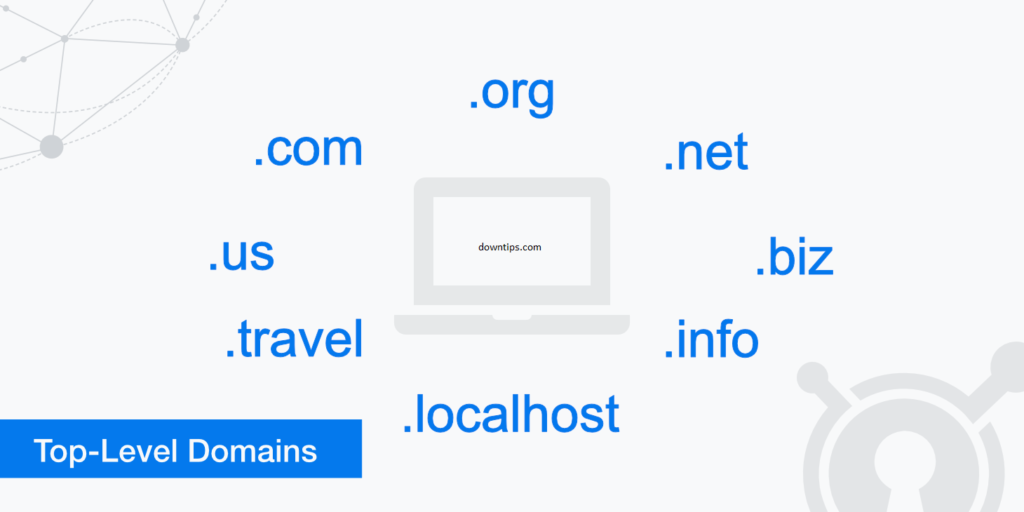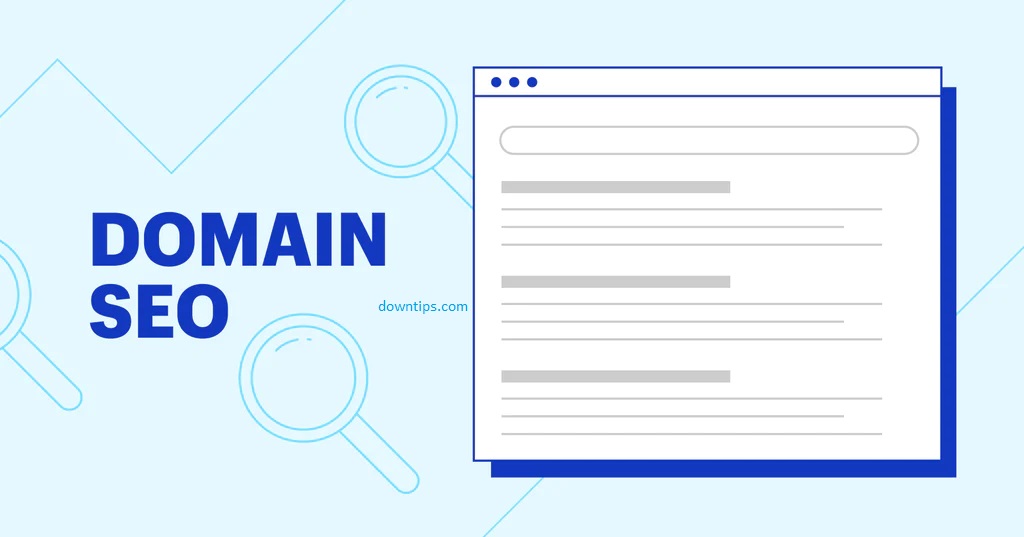SEO, which stands for Search Engine Optimization, is a set of practices to optimize a website to improve its visibility in search engine results. The domain of a website plays a crucial role in SEO. The domain is the unique address of a website on the internet, often starting with “http://” or “https://” followed by the domain name.
Within search engine optimization SEO Website Domain, your site space is significant in deciding your online perceivability and success. A room is the internet address clients enter into their browsers to reach your location. It establishes your online nearness and impacts how you look motors see, rank, and display your website in look comes about.
In this chapter, we will dig into the different angles of site spaces and their noteworthiness in SEO. We’ll cover space determination, significance, catchphrases, length, top-level areas (TLDs), space specialists, and space relocation.
WEBSITE DOMAINS:

- Domain Name: Choosing a relevant and memorable domain name is important for SEO. It’s advisable to select a domain name that reflects your business, is easy to remember, and may contain relevant keywords.
- Keywords in Domain: In the past, having exact match keywords in the domain name used to have a more significant impact on SEO. However, search engines have evolved, and the importance of exact-match domains has diminished. Including relevant keywords in your domain is still a good idea if it makes sense and doesn’t compromise the brand.
- Domain Age: Older domains are often considered more trustworthy by search engines. The age of a domain is a factor in search engine algorithms, so a domain that has been around for a longer time may have an advantage in SEO.
- Domain Authority: Domain Authority (DA) is a metric developed by Moz that predicts how well a website will rank on search engine result pages. It is based on factors such as the number and quality of backlinks to the domain. Websites with higher domain authority are generally seen as more credible and are likely to rank higher in search results.
- Domain Structure and URL Hierarchy: The structure of your domain and the hierarchy of URLs on your website also impact SEO. A clear and logical URL structure makes it easier for search engines to understand the organization of your site’s content.
- Top-Level Domain (TLD): The TLD is the last part of a domain, such as .com, .org, .net, etc. While the impact of TLD on SEO is debated, some studies suggest that certain TLDs, like .com, are generally more trusted by users and search engines.
Domain Selection and Relevance

Selecting the proper space is crucial for your SEO endeavors. A relevant domain title adjusts along with your commerce or specialty, viably passing on the nature of your site to look motors and clients. When look motors can precisely get your website’s reason, it increments the probability of positioning higher in pertinent look.
For instance, suppose that you’ve got a bakery and cake shop commerce called “Baked with Love,” a space like www.downtips.com would be more pertinent than something like www.downtips(any name).com The previous area communicates the substance of your business, making it less demanding for look motors and clients to comprehend.
Top-Level Domains (TLDs) Considerations:

Choosing the right Top-Level Domain (TLD) for your website is an important decision that can impact various aspects of your online presence.
The top-level domain (TLD) is the expansion after your space, such as .com, .org, or .net. Whereas TLDs don’t have a combined effect on SEO, they can impact client discernment and belief. Here are a few common TLD considerations.
- Popularity and Trustworthiness: TLDs like .com, .org, and .net are among the most popular and widely recognized. They are generally considered more trustworthy by users and search engines. If possible, aim for a .com domain, as it’s the most commonly used and remembered.
- Relevance to Your Content or Business: Choose a TLD that aligns with the nature of your website or business. For example, if your website represents an organization, .org might be suitable. If it’s a commercial venture, .com is often the best choice.
- Geographic TLDs: Some TLDs are specific to certain countries or regions, such as .uk for the United Kingdom or .ca for Canada. If your website primarily targets a specific geographic audience, using a country-code TLD (ccTLD) might be beneficial for local SEO.
- Industry-Specific TLDs: Some TLDs are designed for specific industries or niches, such as .gov for government websites, .edu for educational institutions, and .blog for blogs. Using an industry-specific TLD can help convey the purpose or focus of your website.
Common Types of TLDs:
- .com The most popular and widely recognized TLD, suitable for most businesses.
- .org Primarily used by nonprofit organizations and advocacy groups.
- .net Originally intended for network-related websites but is now used for various purposes.
- .edu Reserved for educational institutions such as universities and colleges.
- .gov Restricted TLD for government entities at the local, state, and federal levels.
- .mil Exclusive TLD for the U.S. military organizations
- .io Originally assigned to the British Indian Ocean Territory, it is now commonly used by tech startups.
- .co Frequently used as an alternative to .com, often representing companies or communities.




